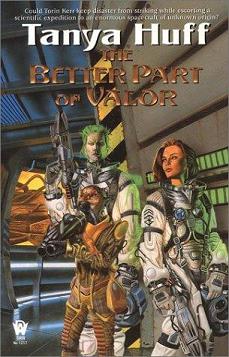The latest Wikipedia media controversy is a bit of a storm in a teacup, is the conclusion of the commenters at MetaFilter, but there is a kernel of truth in Timothy Messer-Kruse’s story:
One of the people who had assumed the role of keeper of this bit of history for Wikipedia quoted the Web site’s “undue weight” policy, which states that “articles should not give minority views as much or as detailed a description as more popular views.” He then scolded me. “You should not delete information supported by the majority of sources to replace it with a minority view.”
The “undue weight” policy posed a problem. Scholars have been publishing the same ideas about the Haymarket case for more than a century. The last published bibliography of titles on the subject has 1,530 entries.
“Explain to me, then, how a ‘minority’ source with facts on its side would ever appear against a wrong ‘majority’ one?” I asked the Wiki-gatekeeper. He responded, “You’re more than welcome to discuss reliable sources here, that’s what the talk page is for. However, you might want to have a quick look at Wikipedia’s civility policy.”
Timothy Messer-Kruse wasn’t quite as innocent as he made himself out to be in this story, but he does have a point here, that Wikipedia’s policy of verification over truth privileges wrong but easily traceable facts over the correct facts. It’s somewhat similar to the journalistic doctrine of objective reporting, where a reporter is not allowed to judge the truth of a situation themself, but has to provide a he said/she said sort of balanced coverage. With Wikipedia, there’s an allergy against anything that cannot be traced to an external source, preferably a secondary source at that. There’s some sound reasons for that policy: makes it more difficult for cranks to put their own pet theories in, makes it easier to judge articles on reliability, but it does mean that Wikipedia needs to sacrifice some truthfullness to achieve this. Hence situations like this, where the verifiable facts lag behind the state of the art.
This story also illustrates another large Wikipedia problem, something that’s perhaps even more worrying. It has become easier and more rewarding to be a rule lawyer at Wikipedia than be an actual editor. It’s easier than to just slap up a warning on a page that something is wrong (case in point) than it is to actually fix it. If you do attempt to fix something or even start something new, the odds are likely that somebody else will overrule you, as with the huge amount of rules and policies now guiding Wikipedia, it’s difficult not to do something wrong.
Which is why I stopped bothering a long time ago, save for obvious tyops and errors that I come across when reading Wikipedia. I still use it, but I don’t do much editing there as it’s just not fun anymore and hasn’t been for years.

